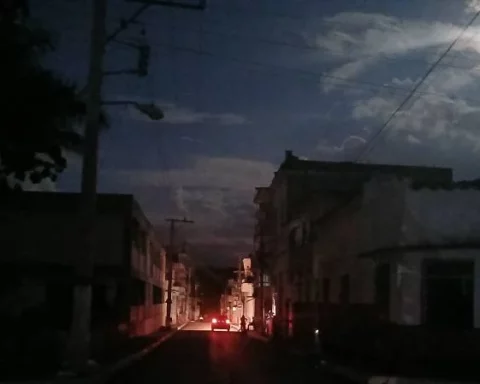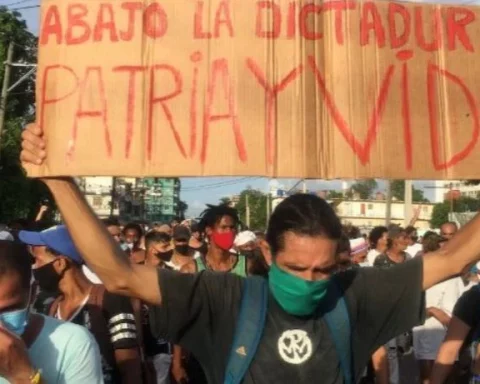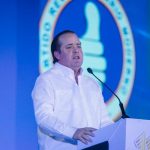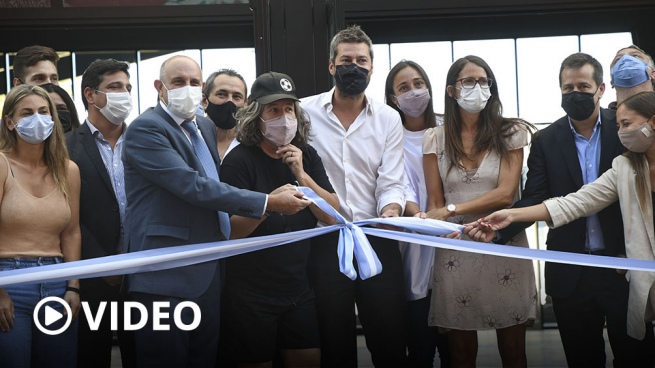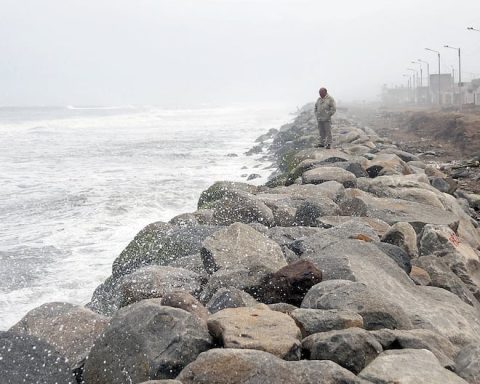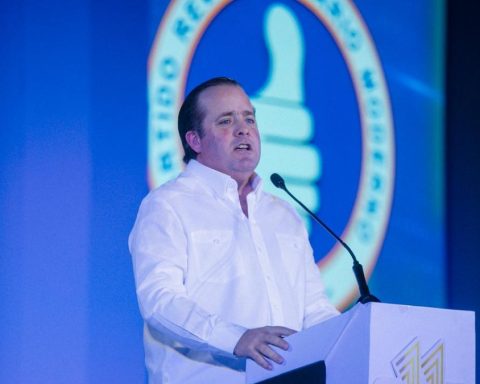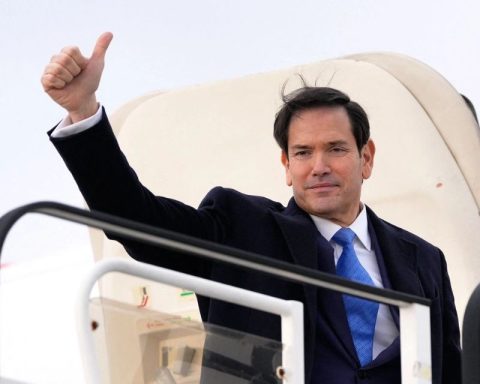Havana (Prensa Latina) When Gabriel Boric is sworn in as president of Chile on March 11, he will take on the challenge of advocating solutions to several of the most urgent problems that country has experienced since the end of the dictatorship of Augusto Pinochet (1973-1990). ).
The first and most challenging will be to reconcile a new social pact for a fractured nation as a result of decades of neoliberal policies, a possible goal with the support of the constitutional process that will give life to a new Magna Carta, inclusive and respectful of the right and the will of all Chileans.
The trigger was activated by the youth of the southern country when in October 2019 they took to the streets of Santiago de Chile to protest against the rise in the subway fare.
popular claim
However, the nature of the demand was evolving to expose once again the urgent problems of a very unequal society as a result of neoliberal practices.
Then the government of President Sebastián Piñera harshly repressed what the crowds defended as a just claim.
About 30 dead, thousands injured and 460 people with eye damage was the balance of the shots with pellets or tear gas bombs by the Carabineros and the mobilization of the Army decreed by the president.
One of the main demands of the protesters was to change the current Constitution, inherited from the time of the Pinochet dictatorship, and strengthen the role of the State in the provision of basic services.
The call for the creation of a Constituent Convention was one of the great victories left by the days of protests, an instance elected by popular vote that is currently drafting the new fundamental law, which must enter into force after being submitted to a referendum in the second half of the year.
President-elect positions
In this regard, Boric has been very clear: “I want you to know that you have our full support (…). I am tremendously proud of the work they are doing,” said the president-elect to the head of the Convention, Elisa Loncon.
The young politician, who achieved national relevance as one of the student leaders of the 2019 demonstrations, insisted on the importance of the competence of that body and recalled that the new constitution must be approved by Chileans in a plebiscite scheduled for 2022.
“I have no doubt that they will act wisely in the best sense and thinking of the best for all Chileans, and in the stability and continuity of our republic and country that we love so much,” said the 35-year-old leftist politician. , winner of the elections as a candidate of the alliance I Approve Dignity.
Another great challenge for the new government, which will have 14 portfolios headed by women, including Defense and Foreign Relations, will be to strengthen the role of the State as a regulatory entity of national dynamics, especially in the economic one, in defense of the interests of society over private.
In this area, the president-elect must also work to reform the current pension system, increase the minimum wage, reduce the working day, increase taxes on the richest and achieve a better redistribution of wealth.
All these purposes are included in the campaign objectives that he defended and was supported by the majority of his compatriots at the polls.
Boric’s economic adviser during that crusade, Fernando Carmona, declared that the government program was also committed to transformations in the educational and health systems, and the expected economic reactivation after two years of damage caused by the Covid-19 pandemic.
This last point is where the new administration has one of its most complex scenarios, since, according to national experts and the World Bank, Chile’s economy will grow around two percent during 2022, a figure lower than that registered in 2021. .
Confidence in the future
However, the level of confidence in the management of the future executive allows for optimistic notes aside from the previous estimate, which, although low, exceeds the performance of 2020, when Chile’s Gross Domestic Product registered a downward trend of minus 5, 8 percent.
The economic reactivation plan will influence both the public and private sectors, with an emphasis on improving small and medium-sized businesses and creating jobs for women.
Everything, of course, must have the consensus of both chambers of the National Congress (parliament), where the alliance that brought Boric to the Palacio de la Moneda (headquarters of the executive) is a minority, which according to analysts could be an obstacle to his management.
In any case, a path of hope is opened for Chileans, since Boric is not only the youngest elected president in the republican history of the country, but also the most voted with four million 600 thousand votes in his favor.
rmh/avs
* Journalist, head of the Central-South Editorial Office of Prensa Latina

